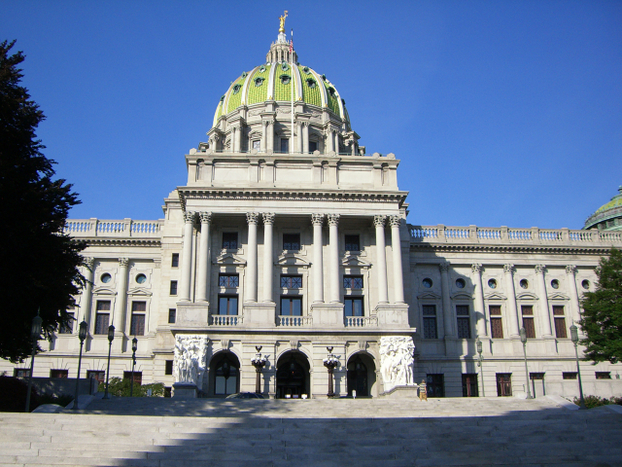
Christmas has come early in 2016 for the Pennsylvania wine, liquor and malt or brewed beverage industry: On June 8, Governor Tom Wolf signed House Bill 1690 into law. While the bill does not provide for the privatization of the state-owned liquor store system, as many in the state have sought, the bill still contains a number of changes and reforms of interest to consumers, manufacturers and retailers.
Of particular benefit to consumers: expect to see grocery stores and other retail businesses that hold restaurant licenses to be selling wine in time for the holidays, as the legislation authorizes any holder of a restaurant license to apply for and received a “wine expanded permit” that authorizes the permittee to sell up to four, 750-ml bottles of wine to go. The new permit will cost a licensee an initial application fee of $2,000, plus an annual renewal fee that will vary depending on the amount of wine the licensee purchases from the State.
The legislation also makes a number of changes that manufacturers of malt or brewed beverages will appreciate. Of particular interest: a change in the treatment of Mug Clubs. Currently, breweries and retail licensees that offer these promotions are not permitted to offer discounts on alcoholic beverages (which for many, seemed to be the entire point of offering a Mug Club). The new law reverses that position, and loyal patrons of a particular establish can now finally be rewarded for their loyalty with a special discount on alcoholic beverages.
RELATED: Know your laws: Discounting beer in Pennsylvania
Also of interest: Breweries that operate brewery pubs now will be able to offer distilled spirits produced by limited distilleries and distilleries in addition to Pennsylvania wines produced by limited wineries. The change creates another incentive for brewery licensees to take the necessary steps to open a brewery pub, as licensees with brewery pubs will be able to sell locally-produced wine and craft spirits alongside their craft beer. Breweries with brewery pubs will still be able to sell pints thanks to a previous change in interpretation of the regulations by the LCB.
The legislation also creates two new classes of special permits that apply to brewery licensees: (1) a permit to participate in “malt or brewed beverages and food expositions” (i.e., brewery festivals), and (2) a permit to participate in farmers markets. The new brewery festival permits, which cost $30 per day of use and are limited to 100 days per year, permit breweries to give away a 4-ounce sample and also to sell up to 192 ounces in any format (glass, growler, bottle or package). The new farmers market permits authorize breweries, for a modest $250 fee, to sample (4-ounce limit) or sell (192-ounce limit, any format) their product in an unlimited number of farmers markets throughout the state. The 192-ounce limit translates to two six-packs for most consumers, although your mileage may vary depending on whether you have a penchant for bombers.
Also tucked away in the legislation is a provision that will surely be of interest to any holder of an eating place license. For a one-time fee of $30,000, holders of such licenses located in municipalities that have approved the granting of liquor licenses may apply to LCB to convert the license into a full restaurant liquor license without regard to the quota restrictions set forth in the law. This change is an excellent opportunity for eating place licensees to convert to a full restaurant liquor license and expand their alcohol sales to include wine and liquor.
The legislation authorizes the creation of a new Pennsylvania Malt and Brewed Beverages Industry Promotion Board. The Board, which will be staffed by five members appointed by the Governor and General Assembly, will oversee a $1 million-per-year grant program designed to increase the production of Pennsylvania-made malt and brewed beverages and the enhancement of the industry in general.
Finally, there were rumors that the bill would also create a small brewers tax credit in the amount of $200,000 per calendar year for certain qualifying capital expenditures. However, the final bill as signed by the Governor did not include any language to that effect. We will continue to monitor the status of this tax credit, as it may be included in other proposed legislation this year.
Tim is a business attorney at McNees Wallace & Nurick LLC. He is a member of the Firm’s Public Finance Group and also practices in the Corporate & Tax, Municipal Recovery, Public-Private Partnerships, Food & Beverage, and Craft Breweries and Distilleries Groups.





Messina liked this on Facebook.
Columbus Brew Adventures liked this on Facebook.